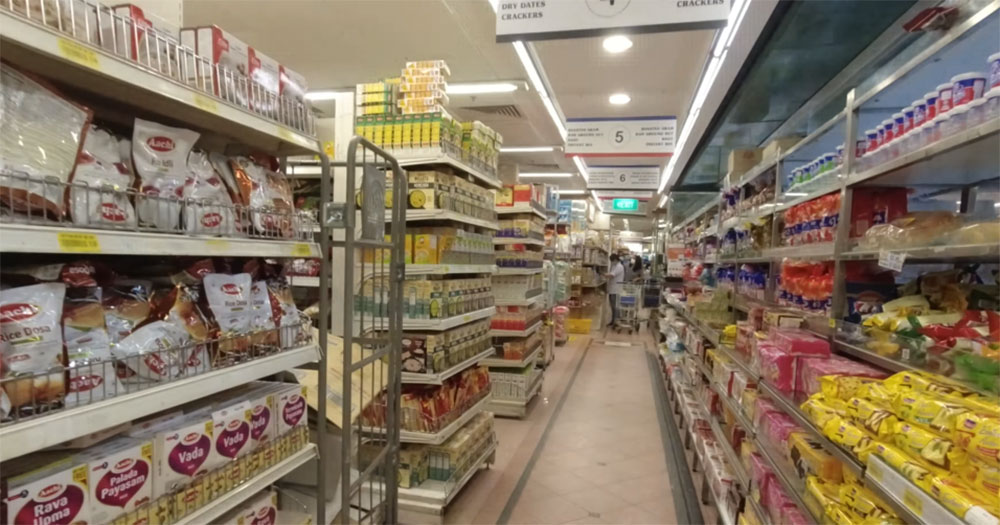Follow us on Telegram for the latest updates: https://t.me/mothershipsg
The Russian invasion of Ukraine started on Feb. 24, 2022 and the offensive looks set to last another day with the capital Kyiv likely to fall in a matter of hours.
The eventual occupation of the second-largest country on the continent after Russia by Russian forces will likely last longer and how these events will pan out even in the near future are still unpredictable.
What is clear is that the fallout of the assault on an eastern European country will reverberate throughout the region and beyond.
Due to the interconnectedness of countries around the world tied together by supply chains, the effects of war will also be felt in Singapore -- albeit not immediately, but in time to come.
Here are three ways the war in Ukraine will affect Singapore.
1.Food prices
Singapore has already registered higher consumer prices prior to the invasion of Ukraine.
Food inflation was up 2.6 per cent year on year as non-cooked food and prepared meals became costlier.
Singapore, which imports a majority of its food from overseas, is already exposed to higher world food prices that rose 28 per cent in 2021 -- the highest level in 10 years.
With two countries going to war, the supplies that will take an immediate hit are wheat and corn staples as prices rise owing to supply shocks.
Ukraine is the world's third-largest exporter of corn and the fourth-largest exporter of wheat.
2. Petrol prices
Petrol pump prices have been increasing in Singapore over the short and medium term.
Supply constraints have occurred in the oil market owing to the pandemic, and further driven by higher crude oil and product costs.
More than a year ago, during the throes of the pandemic in January 2021, the price of 95-octane fuel was about S$1.90 per litre.
Some 12 months later, the latest price of 95-octane fuel has increased from around S$2.65 a litre in mid-January to around S$2.80 a litre as at mid-February.
This is more than a 40 per cent increase in prices.
The largest oil exporter is Saudi Arabia, shipping 12 million barrels of crude oil per day.
The second-largest oil exporter is Russia, shipping some five million barrels of crude oil per day.
With Russia's supply disrupted, this could lead to further short-term shocks.
How prepared oil producing nations are to dig into reserves to cushion such shocks is left to be seen.
3. Electricity prices
Electricity and gas inflation in Singapore hit 17.2 per cent in January 2022, as a result of tariffs imposed on electricity and gas.
Singapore relies on imported natural gas for electricity generation, and price fluctuations that trend upwards have been experienced by consumers here.
The inability to ride the fluctuations has led to the exit of a few electricity retailers in Singapore over the last several months.
Consumers have ended up bearing the higher costs.
This is due to an increase in global prices that have hit record levels the last few months even prior to the war.
With Russia supplying Europe with around 40 per cent of its natural gas requirements that passes through Ukraine, the global market taking a hit will trickle down to Singapore at some point and push the the prices of electricity higher.
Top photo via
Follow and listen to our podcast here
If you like what you read, follow us on Facebook, Instagram, Twitter and Telegram to get the latest updates.
